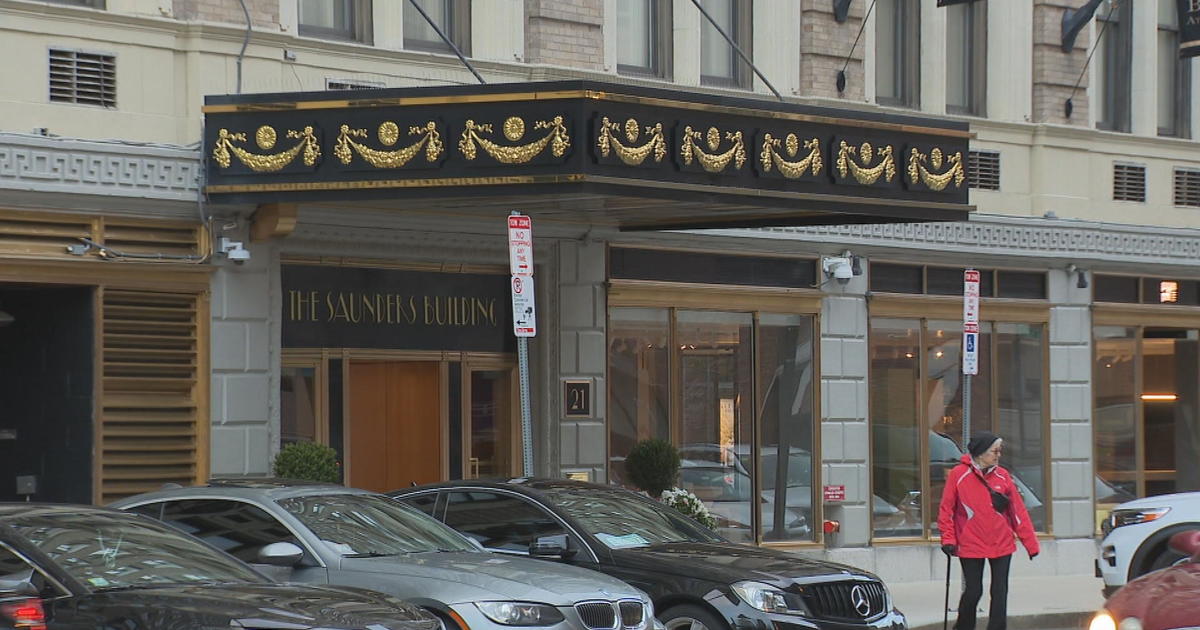Patrick Rejects Crime Bill, Sends Back Amended Version
BOSTON (AP) — Gov. Deval Patrick said Saturday that he will send a crime bill back to the Legislature with an amendment that would allow parole in some cases for repeat violent criminals convicted under the legislation's so-called three strikes provision.
The bill that lawmakers approved this month would bar parole for career criminals after a third violent crime.
But Patrick wants to give state judges limited discretion to allow such criminals to be eligible for parole after serving two-thirds of the maximum prison sentence, or after serving 25 years of a life sentence. A judge would be able to grant parole to third-strike offenders only after determining it is in the "interest of justice and upon a finding ... of substantial and compelling reasons."
WBZ NewsRadio 1030's Mark Katic reports
Podcast
Patrick said his proposal was included in earlier versions of the crime bill, and he noted that state officials could appeal any parole granted under the amendment.
"This change will ensure that the expansion of mandatory sentencing — which I fully support — does not have unjust consequences," Patrick said in a letter to lawmakers. "None of us is wise or prescient enough to foresee each and every circumstance to which the new habitual offender provisions may be applied."
Patrick called the amendment a "judicial safety valve."
A spokeswoman for the governor said he hoped the Legislature would approve the amended bill in time for him to sign it next week.
On Thursday, the state's top judge, Supreme Judicial Court Chief Justice Roderick Ireland, sent Patrick a letter expressing concerns about the crime bill's three strikes provision, saying it fails to give judges any discretion in the sentencing of violent offenders.
Ireland also said an automatic appeals process in the bill could unnecessarily clog the high court's already busy docket.
The state House and Senate this month overwhelmingly approved the legislation, which is also called Melissa's Law. It's named after Melissa Gosule, a 27-year-old Boston teacher who was raped and stabbed to death in 1999 by a man who had 27 convictions but had served less than two years in prison.
The bill also would reduce some mandatory minimum sentences for non-violent crimes, shrink the zone around schools in which crimes carry enhanced sentences from 1,000 feet to 300 feet and shield from possible prosecution a person who calls police to report a drug overdose.
Copyright 2012 The Associated Press.



